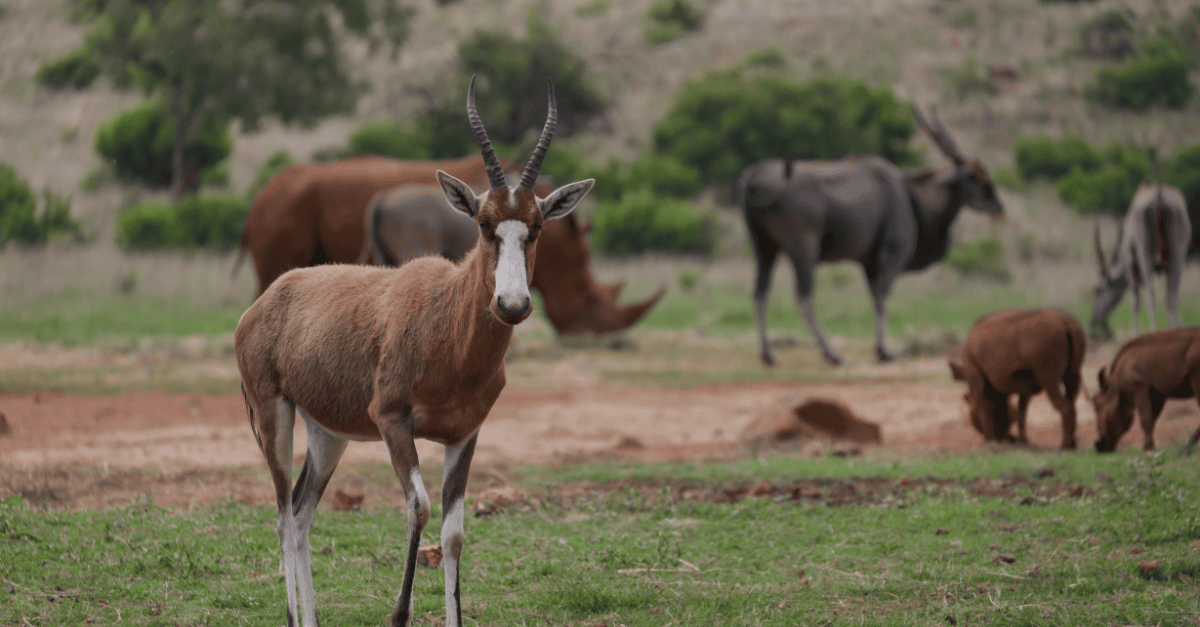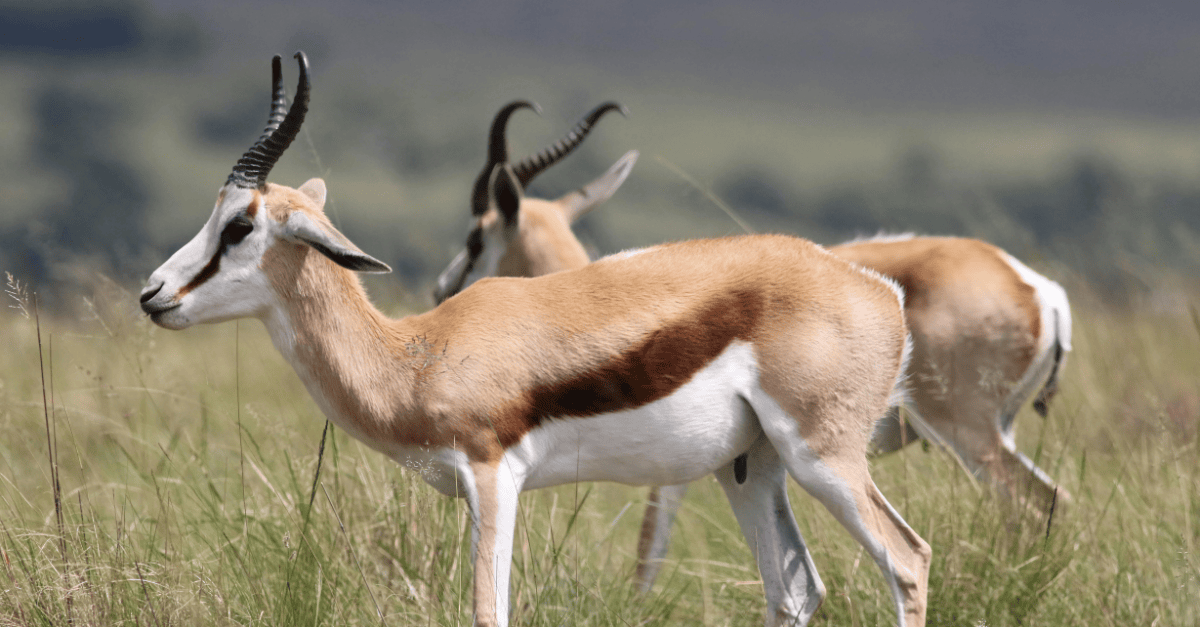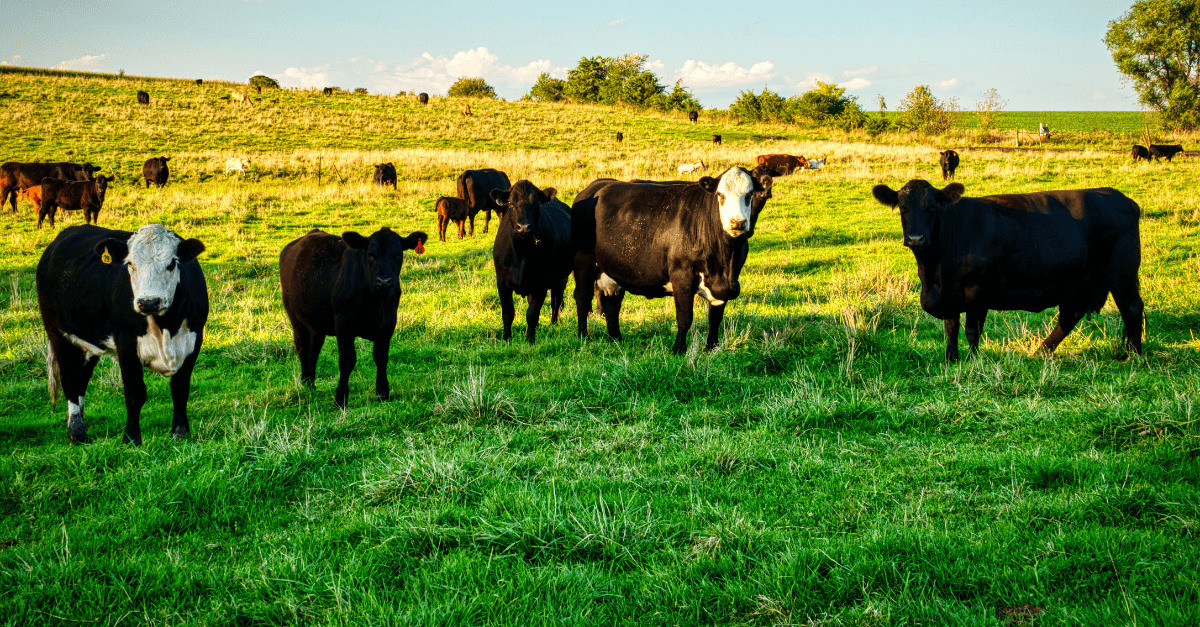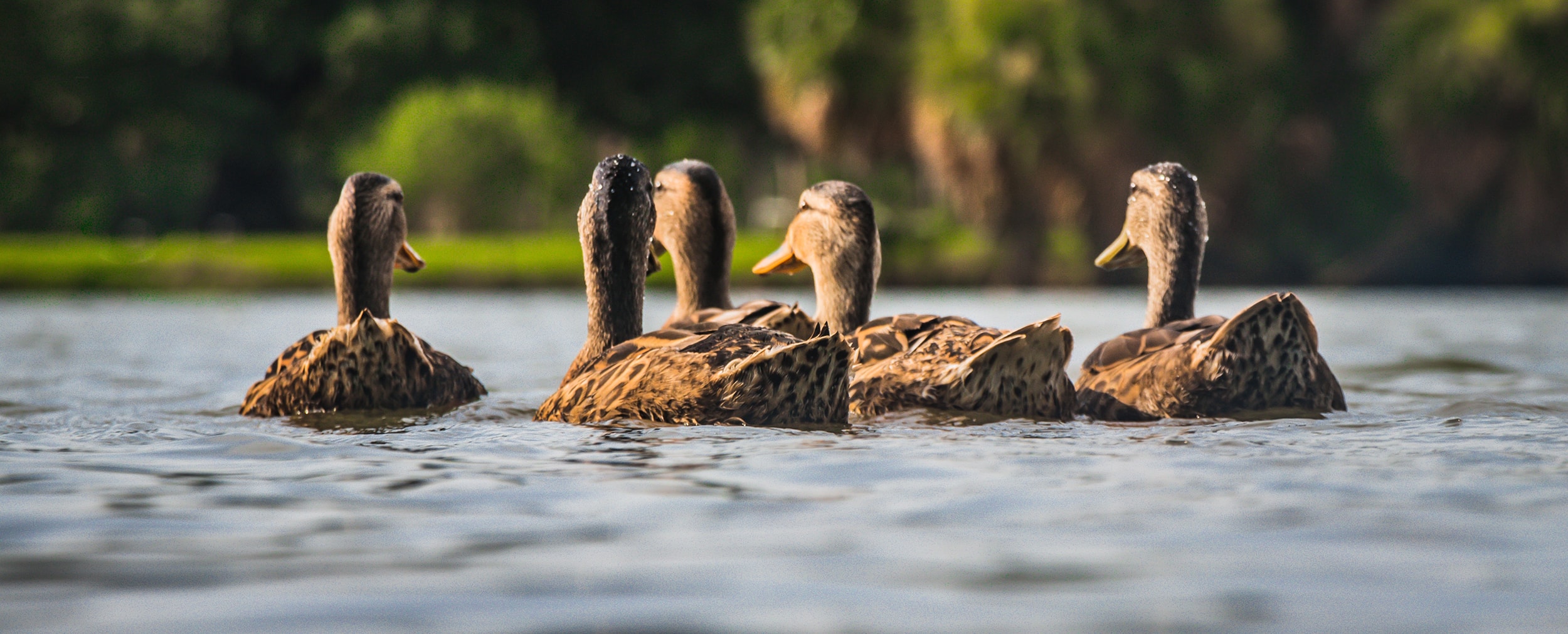In the last two weeks of March, the International Negotiation Body (INB) tasked with forging an international agreement for pandemic prevention, preparedness and response, met for the ninth time. This session was expected to be the final one for the INB, during which it would finalise the text for adoption at the World Health Assembly in May 2024. Yet, as discussions progressed, it became evident that consensus was elusive, with the draft text laden with unresolved issues, symbolised by the numerous brackets indicating disagreement among nations. With countries needing more time to find common ground, they have extended the negotiations into an additional session beginning in late April 2024.
The outcome of these negotiations, whenever they conclude, will have profound implications for human health and the welfare of animals worldwide. An effective Pandemic Agreement would require signatory countries to implement measures that improve the treatment and protection of wild and domestic animals, a cornerstone in preventing future outbreaks.
The heart of the matter: One Health and animal welfare
Central to the proposed agreement are Articles 4 and 5, which refer to pandemic prevention and the One Health approach, respectively. One Health, as defined by the One Health High-Level Expert Panel, is an integrated, unifying approach that aims to sustainably balance and optimise the health of people, animals, and ecosystems. Unfortunately, progress on these has been held back by a lack of trust and flexibility among Member States, particularly around contentious issues such as pathogen access, benefit-sharing, and financing. While these elements are critical for the Pandemic Agreement to be successful, an overemphasis on these undermines the Agreement’s core objectives. For example, insufficient attention to primary prevention through the One Health approach would leave already vulnerable communities unprotected, jeopardising the Agreement’s principles of equity and solidarity with all to achieve a better-prepared world to prevent, respond to, and recover from pandemics.
A call to action on primary prevention
As it currently stands, the Agreement still needs to adequately address the root causes of pandemics. This includes human activities like wildlife trade and habitat encroachment, which bring wild pathogens closer to communities and domesticated animals and thereby significantly increase the risk of disease spillover from animals to humans. With an estimated 1.7 million undiscovered viruses in mammals and birds, of which up to 850,000 could infect humans, the potential for future outbreaks is a stark reality we cannot ignore. AIDS, Ebola, SARS and MERS are a few examples of the diseases that can emerge from wildlife reservoirs and should be a sufficient reminder of this urgency.
“The looming threat of viruses with pandemic potential requires us to act swiftly and decisively. Ignoring primary prevention is like setting the stage for the next global crisis.” Nina Jamal, Head of Pandemics & Campaign Strategies at FOUR PAWS warns, “For the Agreement to truly achieve equity, it needs to support governments in protecting communities and animals before they suffer, by tackling the root causes of disease outbreaks via a One Health approach.”
In anticipation of the ninth INB session, 143 organisations and 54 experts published an open letter urging the INB Bureau and Member States to address pathogen spillover prevention (primary prevention), emphasising the critical role of wildlife trade and markets. The letter reads:
“Scientific research consistently underscores the role of wildlife trade and other high-risk activities that increase the human-wildlife interface (e.g., deforestation, forest degradation, habitat encroachment) in facilitating the transmission of pathogens between animals, humans and other animals. The gaps within the existing legal framework are increasingly apparent, and there is a need for a more comprehensive approach to regulating wildlife trade and markets to prevent the emergence of zoonotic diseases.”
The World Federation for Animals believes the One Health approach offers a promising foundation for the Agreement. Besides retaining One Health as an independent article, the success of this agreement hinges on embedding a clear and enforceable mandate to prevent zoonotic disease outbreaks and implement One Health principles, strengthening health systems. The Agreement is an opportunity to move towards a safer, better-prepared world that must not be squandered.
Background
In December 2021, the World Health Assembly established an Intergovernmental Negotiating Body (INB) to draft and negotiate a convention, agreement, or other international instrument under the Constitution of the World Health Organization to strengthen pandemic prevention, preparedness and response. The ninth meeting of the INB (INB9) was held from 18 to 28 March 2024, focusing on textual negotiations of a draft WHO Pandemic Agreement.
Photo credit: Oikeutta eläimille / We Animals Media





